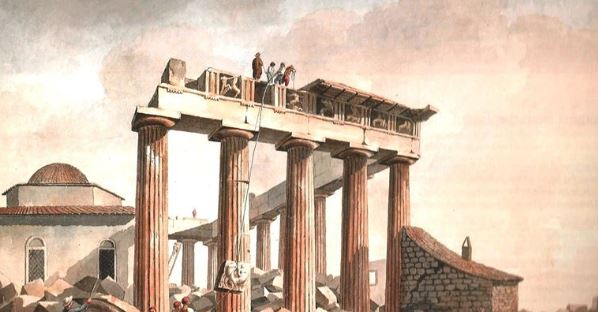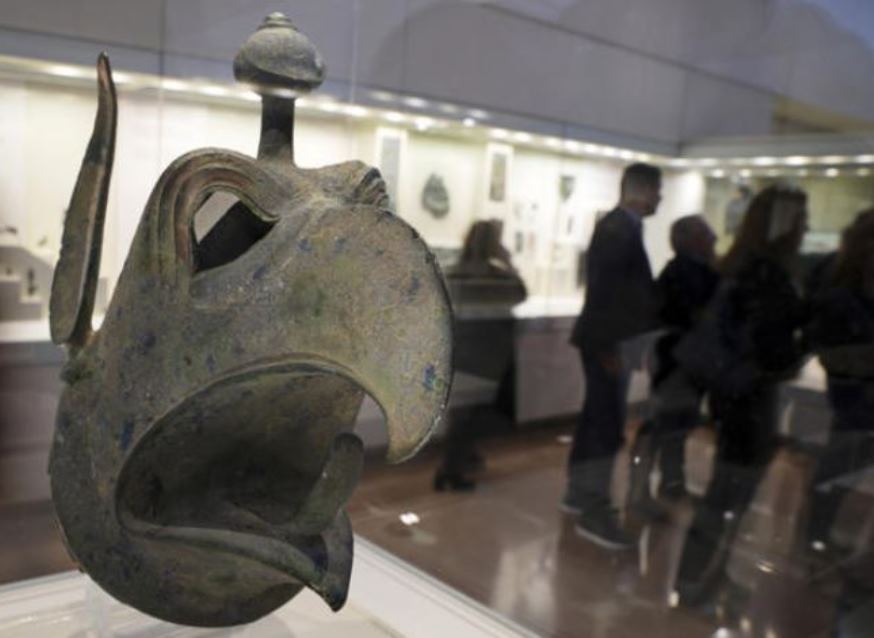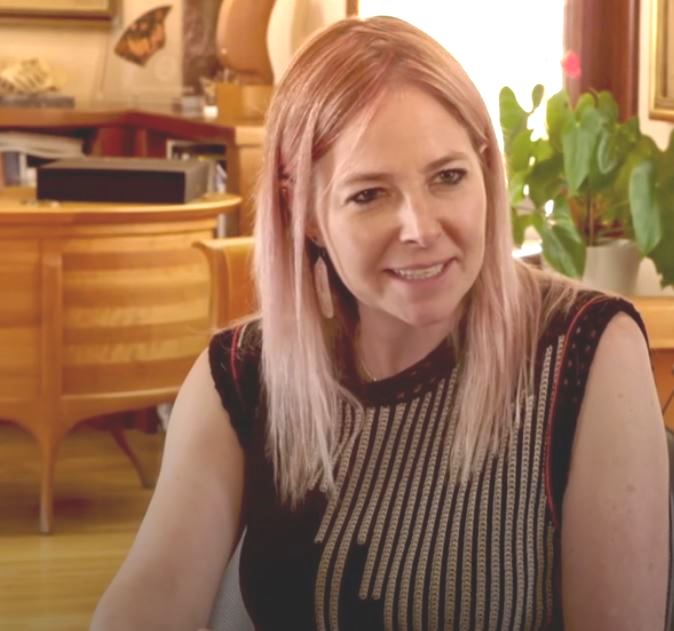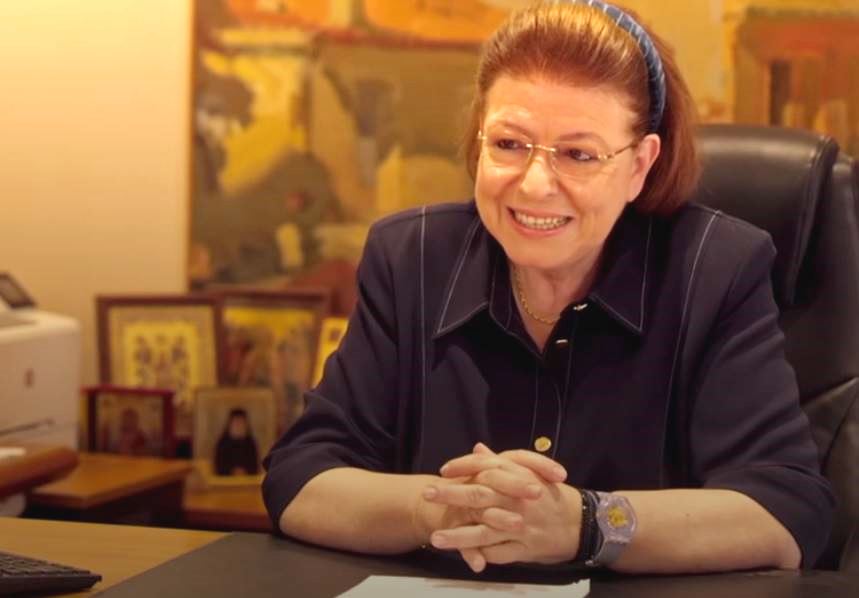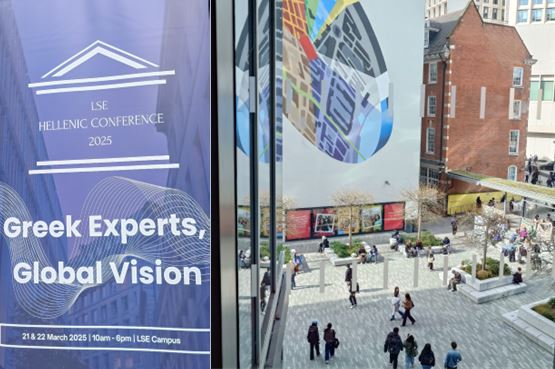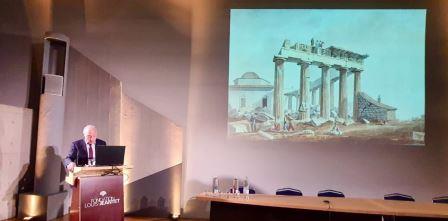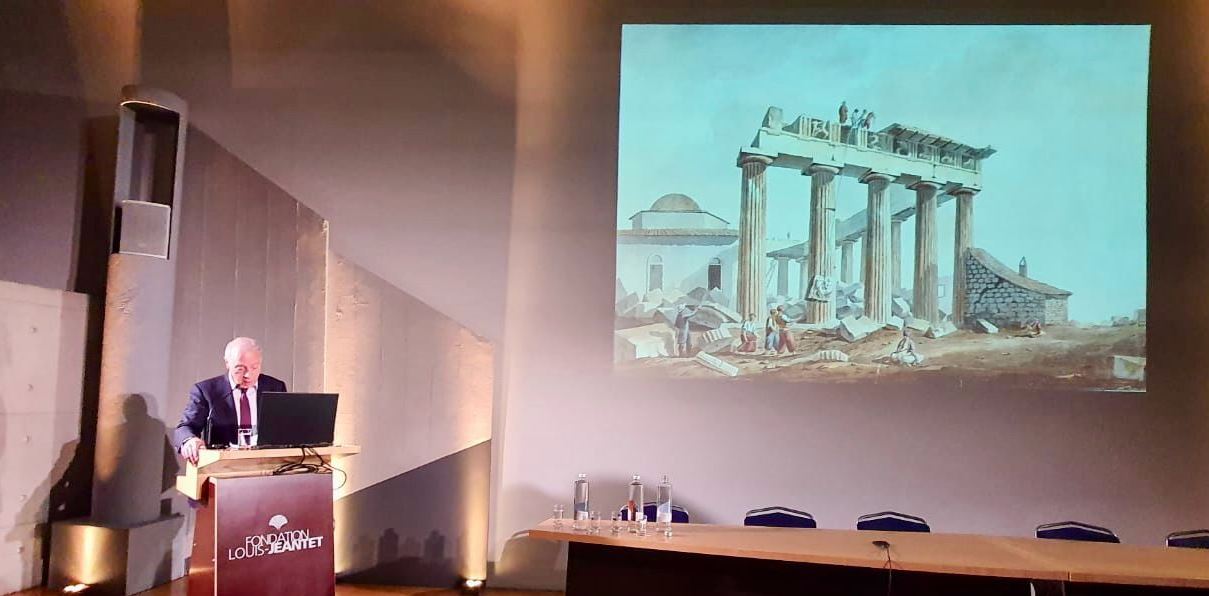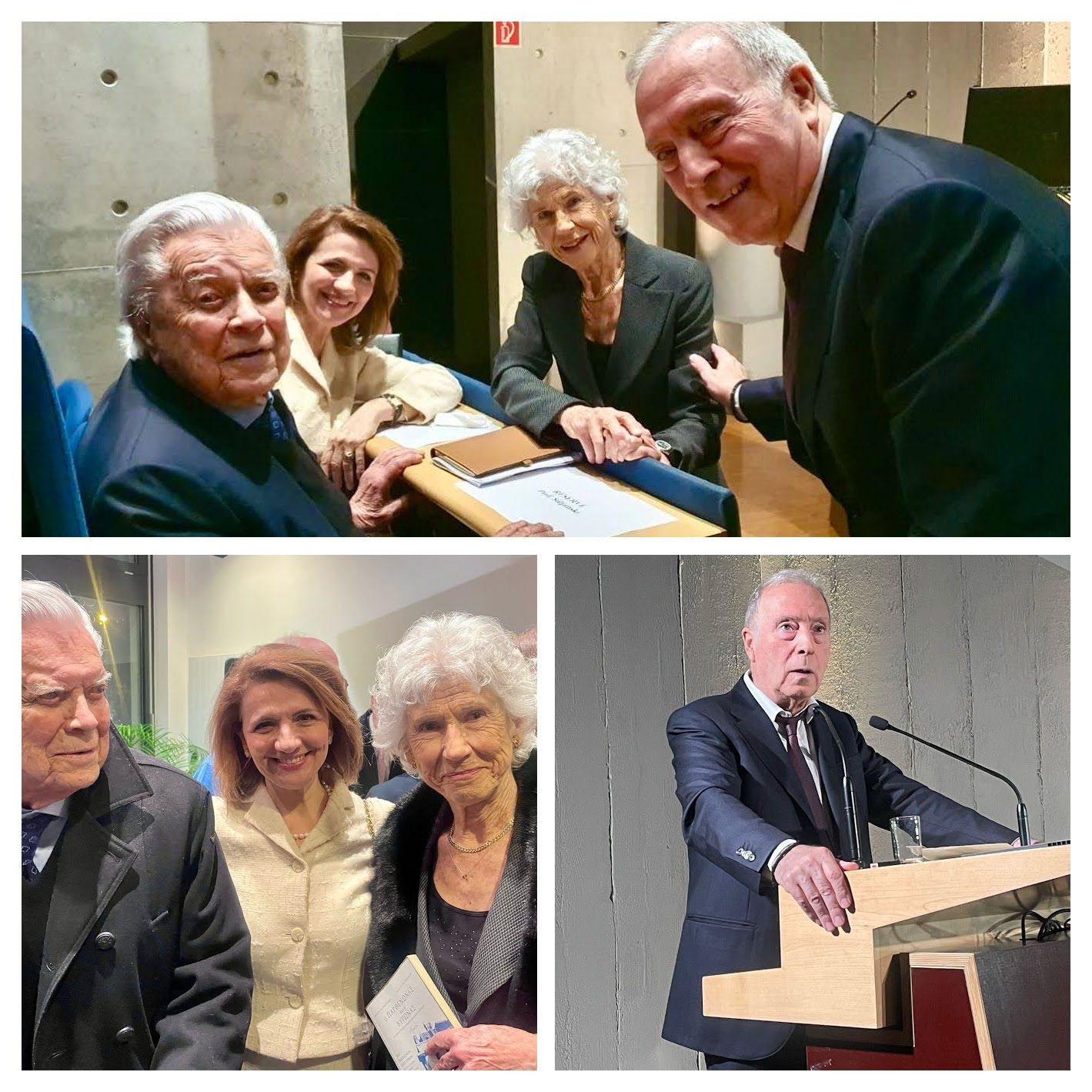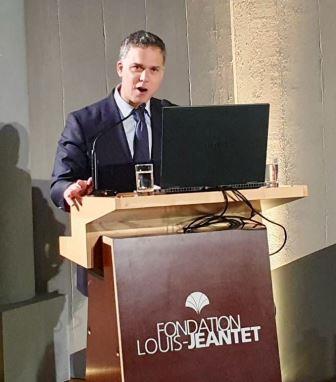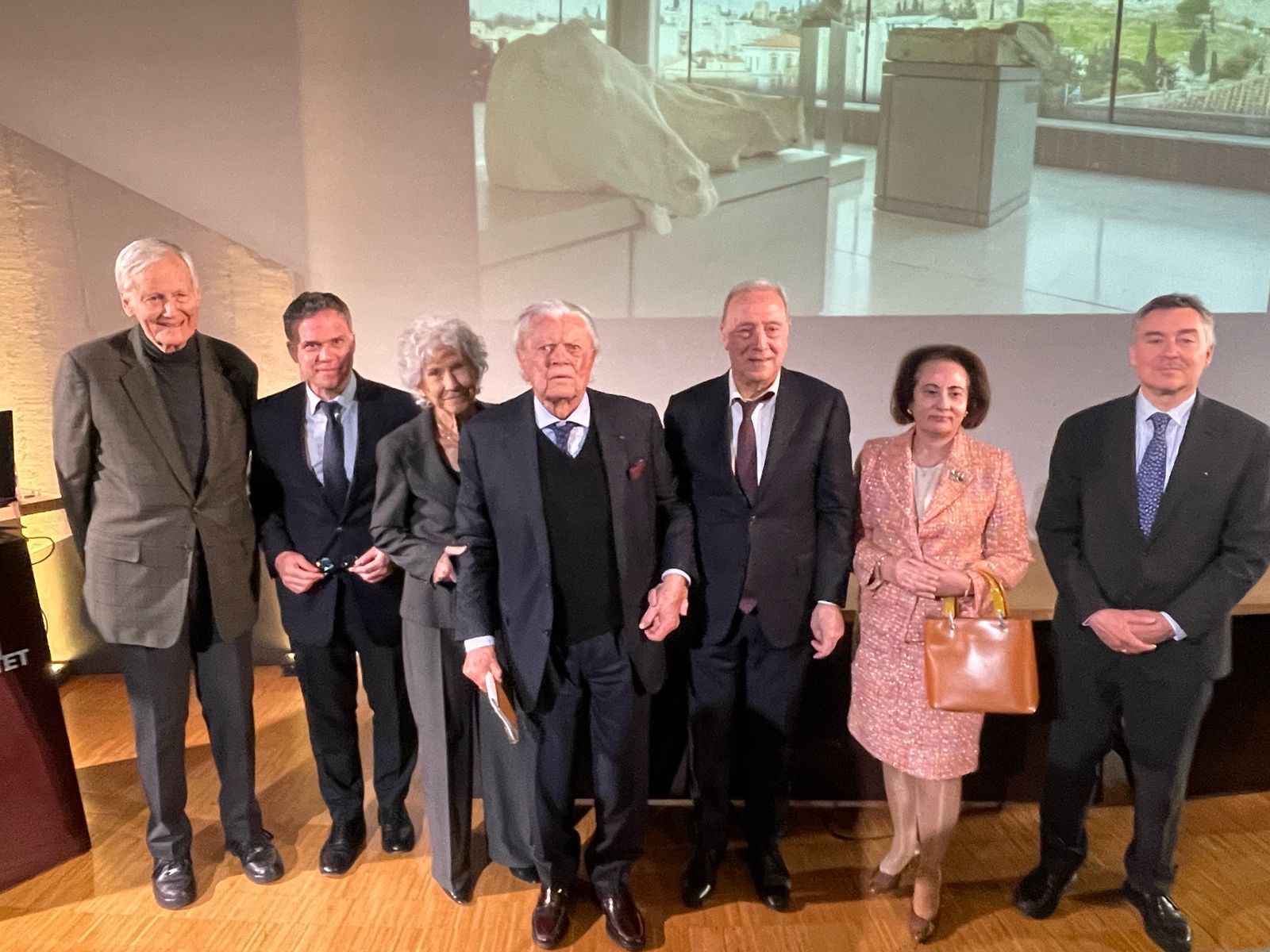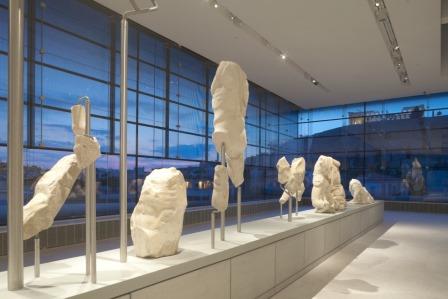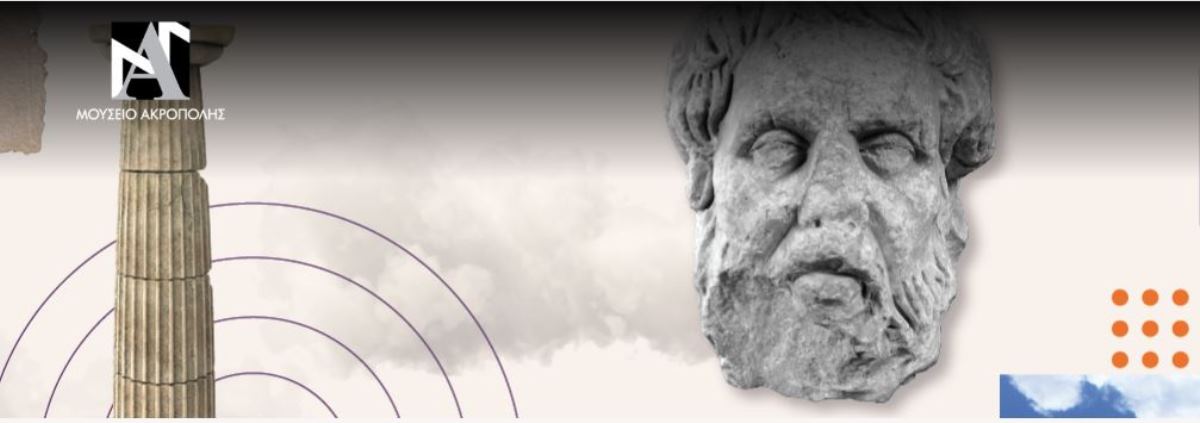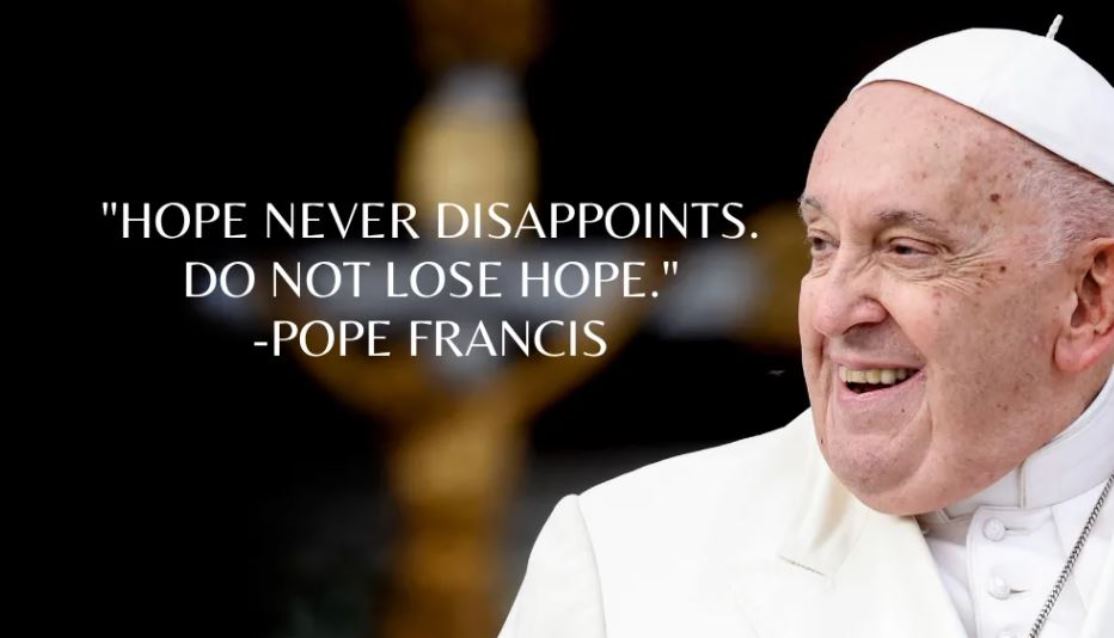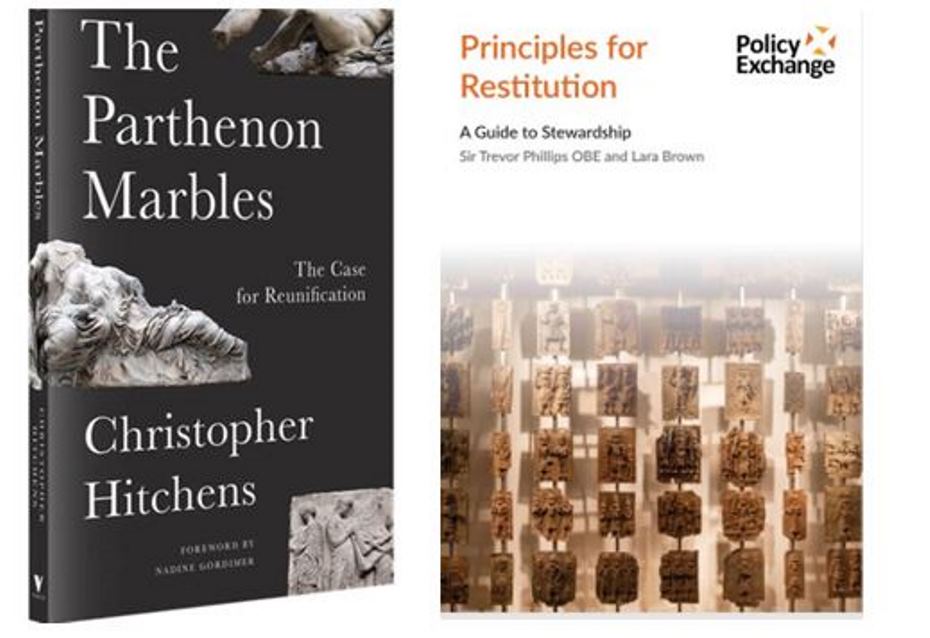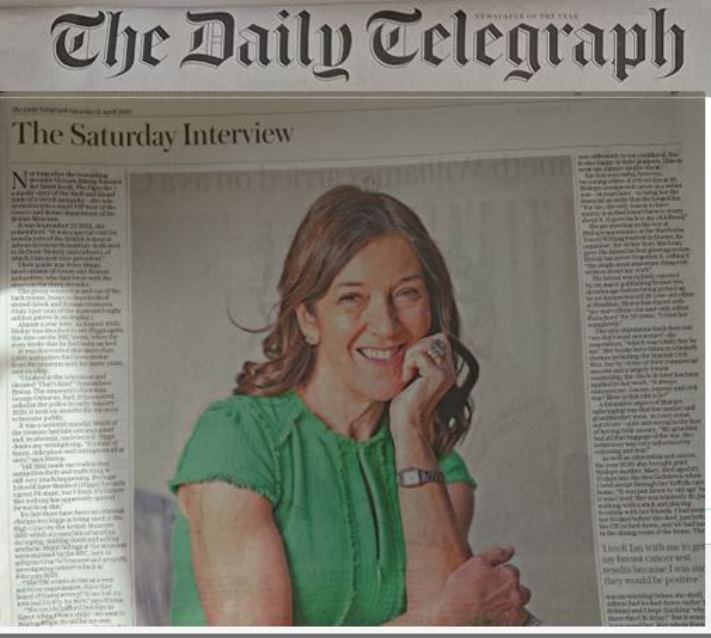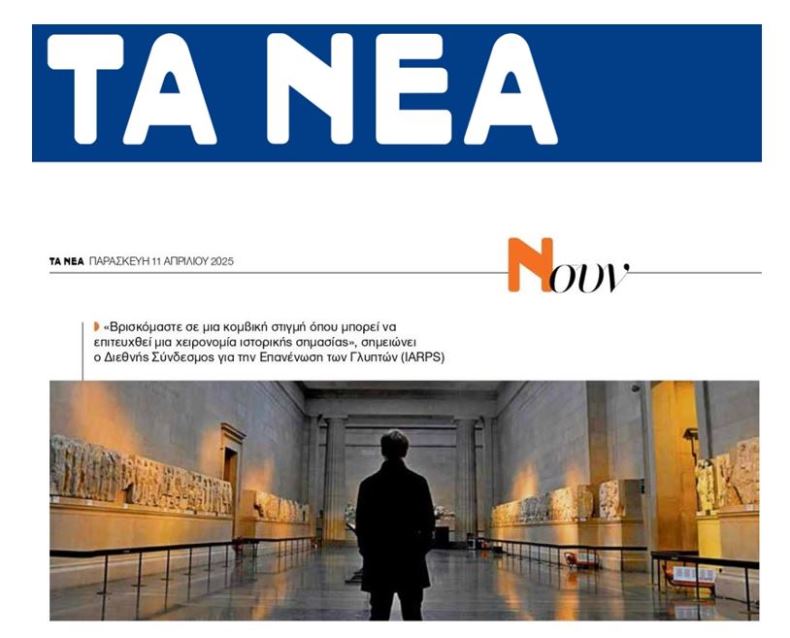'British Museum is right to keep Parthenon marbles, says new trustee. Historian Dr Tiffany Jenkins is one of the line up of new appointees that has raised cultural and historical hackles' are the headlines of Vanessa Thorpe's article in the Observer.
Tiffany has written a book and stated that the Parthenon Marbles can continue to remain divided and tell two different stories, a narrative used by the BM for some time. Tiffany also visited the Acropolis Museum and spoke at the Art for Tomorrow event in Athens 16-20 June 2022. The panel debating 'Who Really Owns Art?' a complex question surrounding restitution issues faced by many museums included Tristram Hunt, Tiffany Jenkins, Victor Ehikhamenor, and was moderated by Farah Nayeri. The setting, the Acropolis Museum's terrace with direct views to the Parthenon did not sway Tiffany.
We would like to remind readers of BCRPM's late Chair Eddie O'Hara's response to Tiffany and BCRPM member, Dr Peter Thonemann's article in the TSL (2016). Peter writes:
"You will not be surprised to learn that Jenkins is a repatriation sceptic. There are, she thinks, “good reasons for the continued separation of the two sets, and for the retention and display of the Elgin Marbles in the British Museum”. For example, she is particularly struck by the fact that “It is not possible to call any of the pieces from the Parthenon, when isolated from the others, inartistic. What is so interesting about them is that they are still magnificent when standing alone”. This strikes me as a curious argument. Take an analogy drawn, once again, by Christopher Hitchens: imagine that the Mona Lisa had been sawn in half during the Napoleonic wars, and that one half had ended up in a museum in Copenhagen, the other in Lisbon. Neither half, isolated from the other, would be inartistic; each would still be magnificent when standing alone. But that would not be a good reason for their continued separation from one another."
PM Mitsotakis also used the Mona Lisa as an example when he spoke with Laura Kuenssberg (November 2023).
In Sunday's Observer article, Vanessa Thorpe writes: "The latest appointments to the British Museum’s trustees include an academic expert opposed to the restitution of stolen antiquities, Dr Tiffany Jenkins, author of Keeping Their Marbles.
In her book Keeping Their Marbles: How the Treasures of the Past Ended up in Museums… and Why They Should Stay There, Jenkins examined the influences behind the high-profile battle to return museum artefacts in an attempt to repair historical wrongs. Her views are at odds with those of another well-known historian and broadcaster, Professor Alice Roberts, who recently met the Greek culture minister, Lina Mendoni, while filming her series on Ancient Greece for Channel 4."
We sincerely hope that Dr Tiffany Jenkins will begin to appreciate that the story of these sculptures, should they become reunited in Athens, deserve a new chapter. A chapter that extolls understanding and empathy, whilst encouraging cultural cooperation in the 21st century.
Institutions across the world in recent years have begun to acknowledge the importance of returning significant cultural items while still promoting global access to heritage. As the Metropolitan Museum of Art returned the bronze griffin head to the Archaeological Museum of Olympia, Dr Lina Mendoni, Greece's Minister of Culture and Sport spoke at the event held in Olympia last week acknowledging that Greece has agreed to loan the griffin head back to the Metropolitan Museum of Art for future exhibitions.
Admittedly lending parts of the Parthenon sculptures to London will be more complex than lending the bronze griffin head to the Metropolitan Museum of Art, but here's to a future for the Parthenon Marbles where they can, at long last, re-join their other halves in the Parthenon Gallery of the Acropolis Museum.

